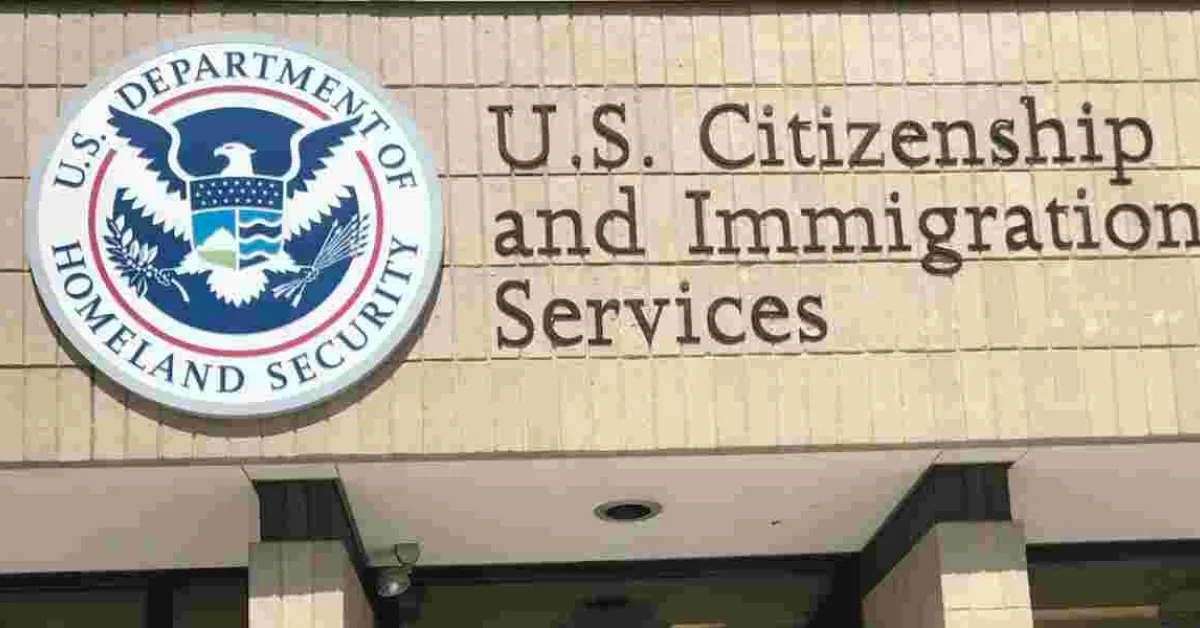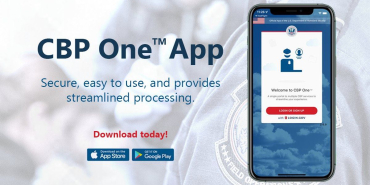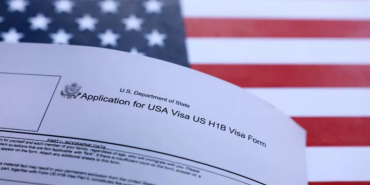US Immigration Alert: Fake USCIS Officials Targeting Vulnerable Applicants

United States Citizenship and Immigration Services (USCIS) has issued a critical advisory warning foreigners about escalating scams involving agency impersonation.
The warning highlights fraudulent activities conducted through various communication channels, including social media, electronic mail, and telephone communications. The agency explicitly emphasizes its communication protocols, stating unequivocally that it will exclusively contact individuals through official government channels. This clarification comes amid a significant increase in immigration-related fraud targeting individuals seeking opportunities to live, work, or study in the United States.
Recent legal proceedings expose the severity of such fraudulent activities. In November 2024, three Indian-origin individuals faced federal charges for orchestrating a sophisticated scheme involving fabricated job offers to secure H-1B visas. By submitting false petitions to USCIS with misrepresented job roles and salaries, these individuals potentially face substantial legal consequences including up to ten years of imprisonment. Domestic investigations have further revealed the widespread nature of these scams.
Also recently, authorities uncovered a visa racket where fraudulent agents impersonated representatives of US-based companies, manipulating victims into paying exorbitant processing fees. USCIS has provided comprehensive guidance to protect potential immigrants from falling victim to these schemes. The agency strongly recommends seeking legal counsel exclusively from qualified professionals specifically, attorneys or accredited representatives recognized by the Department of Justice. This advice aims to prevent individuals from receiving potentially misleading or fraudulent immigration guidance.
To assist individuals in identifying potential scams, USCIS has outlined several critical warning signs. These include communications that appear official but originate from unknown sources, emails containing typographical errors or suspicious domain extensions, promises of expedited case processing for a fee, and requests for monetary transfers outside official channels. Individuals are also encouraged to forward questionable emails to the USCIS webmaster, who can verify their authenticity. Furthermore, victims are advised to report potential scams to the Federal Trade Commission through their helpline or online complaint system, with assurances that such reporting will not adversely affect legitimate immigration applications.
As scammers continually adapt their strategies, potential immigrants must remain vigilant, critically evaluate all communications, and prioritize verification through official channels.














Add new comment